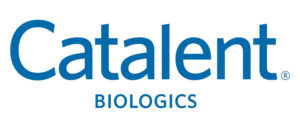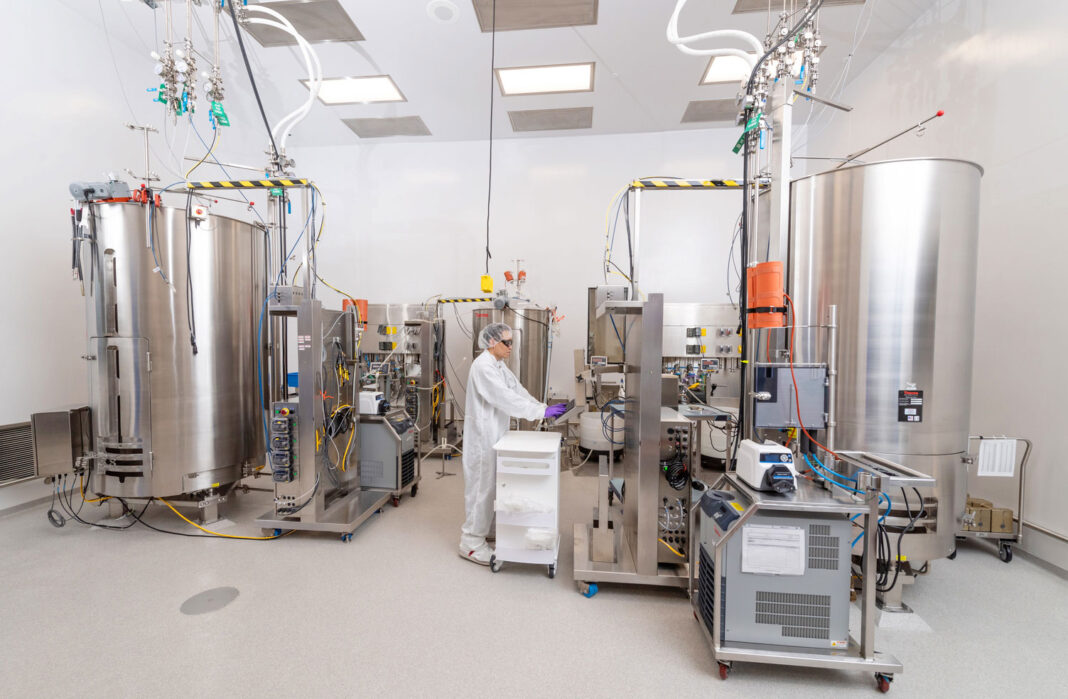Sponsored content brought to you by

GEN: What do you consider to be the biggest development in bioprocessing over the last 40 years?

Senior Director, Technical Support
Catalent
Dr. Hager: A significant development in bioprocessing has been the ability to increase titers across a variety of cell types and protein types. When biologics manufacturing was in its infancy, there was scant knowledge of how to optimize the cell culture environment to improve cell viability, health, and ultimately productivity. Over the years, there has been tremendous progress in improving cell culture conditions, and as a result, protein titer and productivity have steadily improved.
Today, it’s common to see monoclonal antibody titers approaching 10 g/L or above. Because of this vast improvement in productivity, manufacturers have been able to drastically reduce cell culture volumes, allowing a shift from large stainless-steel bioreactors to smaller (often single-use) systems that can generate the same amount of product just as efficiently, or more efficiently, than before with a smaller footprint.
GEN: What types of integrated process development, analytical, and drug substance manufacturing services does Catalent offer?
Dr. Hager: Catalent Biologics provides integrated development, drug substance, and drug product manufacturing, and supply for biologics from preclinical to commercial phase and beyond. For drug substance, we offer integrated cell line development, using our proven GPEx® technology, process development, analytical development, and manufacturing.
The upstream development team screens top cell lines from cell line development and develops an optimum process to maximize product titer with the correct Quality Target Product Profile (QTPP). Customers can utilize GPEx-derived cell lines, or they can transfer their cell line to our Madison or Bloomington facilities. The upstream development team develops and scales reproducible processes from benchtop to production bioreactors to enable a smooth transition from non-CGMP to CGMP manufacturing.
The downstream development team supports cell line development and upstream process development by performing platform purification early in the development life cycle to assess product quality or to provide material for client evaluation. They develop robust and scalable downstream processes and interact with the analytical development group to ensure product quality attributes are maintained throughout the downstream development program.
The analytical development team provides support for all stages of the development process, transfer of client-specific methods, and product quality/titer determination. They develop and execute formulation studies for early-phase determination of appropriate product formulation and develop and transfer robust analytical methods for qualification by Quality Control for use in release and stability testing.
GEN: What are some advantages of Catalent Biologics’ drug substance manufacturing services?
Dr. Hager: Catalent’s drug substance manufacturing provides flexibility and scale to support programs from clinical to commercial. Our sites offer CGMP production in single-use or stainless-steel bioreactors from 250–4,000 L batch scale. The drug substance sites have extensive experience working across mammalian cell types and a wide variety of molecules, from antibodies to fusion proteins and beyond.
GEN: Talk about what’s available at Catalent’s two state-of-the-art manufacturing facilities.
Dr. Hager: Catalent’s Madison, WI-based facility provides drug substance services from GPEx cell line development through process development and manufacturing. The site houses five mammalian cell culture manufacturing suites including single-use technology from 250–4,000 L batch scale.
In addition to mammalian cell culture manufacturing capabilities, the Madison site also houses a multiroom flex suite for cGMP mRNA production. The site can perform in vitro transcription and capping and purification, and it has mRNA-specific analytical testing capabilities.
Catalent’s Bloomington, IN-based facility provides both drug substance and drug product development, manufacturing, and packaging. The site leverages stainless steel bioreactor technology spanning 600–2,500 L batch scale and also houses a 1,000 L single-use bioreactor.
The Bloomington site also provides drug product services, including formulation development, process development, filling, inspection, labeling, and packaging. The site provides vial, syringe, and cartridge filling, as well as cartoning, device assembly, and final packaging. Its automated assembly for autoinjectors, safety devices, and accessorized prefilled syringes utilizes state-of-the-art high-speed equipment for both clinical and commercial supply.
For more information, visit biologics.catalent.com.

